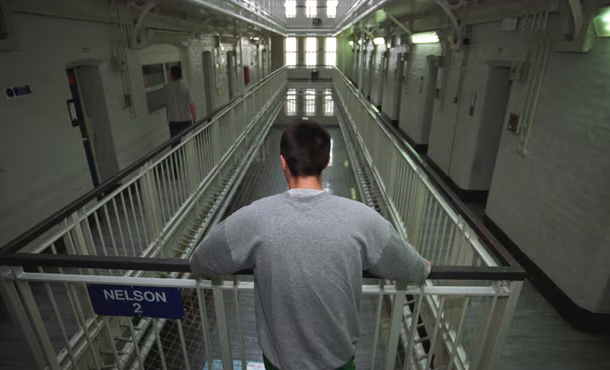By Francisco Santos
August was marked by nationwide far-right riots following the Southport knife attack, and while the mobilisation of the rioters has been mostly correlated with social media, its mainstream counterpart is not blameless in the sequence of events.
However, before diving into the part that British media had to play in the riots, it is necessary to understand the context provided by the history around it.
NTU Associate Professor and Sociologist Tom Vickers connects the recent events to British history, saying: “The riots this summer expressed racist ideas that have been promoted for years by many leading British politicians and large parts of the media. I see this as rooted in Britain’s colonial past and imperialist present, which make racism essential for the ruling classes to justify Britain’s exploitation of the Global Majority.”
This statement holds even more weight when looking at a 2022 paper that reviewed 400 articles from two national newspapers on opposite ends of the political spectrum in order to gauge how they tackled immigration from 2015 to 2018.
In it they find that both papers paint refugees and immigrants as “people who bring violence over to their host countries, as if violence did not already exist in the host countries” with “The Times openly describing them as a threat to law and order, and with The Guardian frequently choosing to publish stories that, although protect ‘migrants’ and defend their rights, they simultaneously see them as thematically connected to the same domain of law and order”.
In its conclusion it argues that the newspapers “reproduce visions of the ‘invasion’ that, although in different ways, nevertheless produce a vision of ‘threat’ to the British nation and give rise to racist organisations of society” a statement that highlights the possible role that the British media played in influencing the riots.
Vickers adds to this by saying: “While social media certainly played a role, research has shown that many of the anti-migrant views that are shared on social media are simply echoing – in many cases directly repeating – headlines in mainstream media.
“Social media spread lies about the identity of the Southport attackers, but rumours and misinformation were spread with a political purpose long before social media existed. These lies only had such a powerful effect because people had been primed to believe them over years of mainstream media reporting.”
The research mentioned refers to the following article, where Vickers and professional youth educator Annie Rutter , analyse three 2014 British broadcast documentaries about migration, looking at the way they portray immigrants.
In analysing them they come up with three main archetypes in the way the documentary portrayed migrants: migrants as disposable labour, migrants as passive victims, and migrants as an active threat.
These archetypes stemmed from the fact that often migrants were portrayed as either a force of labour willing to work in poor conditions, powerless or ‘childlike’ in the face of their new environment, or as a threat to the British economy and the position of British workers.
This repeated portrayal of migrants as an ‘issue’ or a ‘crisis’ in the mainstream may have facilitated the racist and xenophobic riots throughout the country, normalising their dehumanisation and making rioters confident and comfortable in their beliefs.
When considering the consequences of these riots, Vickers concluded with this: “The impact on migrants, refugees, Muslims and other racialized communities is undoubtedly very mixed and complicated. Of course these events have spread fear, but in some cases it has also prompted people to come together to support one another and to become better organised.
“Unsurprisingly, it has led many people to call for more support for the police. I think this is risky when one considers the way the police have been used against minoritised communities, as expressed by the mass Black Lives Matter movement that took off in Britain in 2020 and more recently by important parts of the Palestine solidarity movement. Ultimately, I do not think we can rely on the British state for protection, and we need to come together and organise at the grassroots.”

